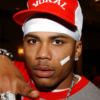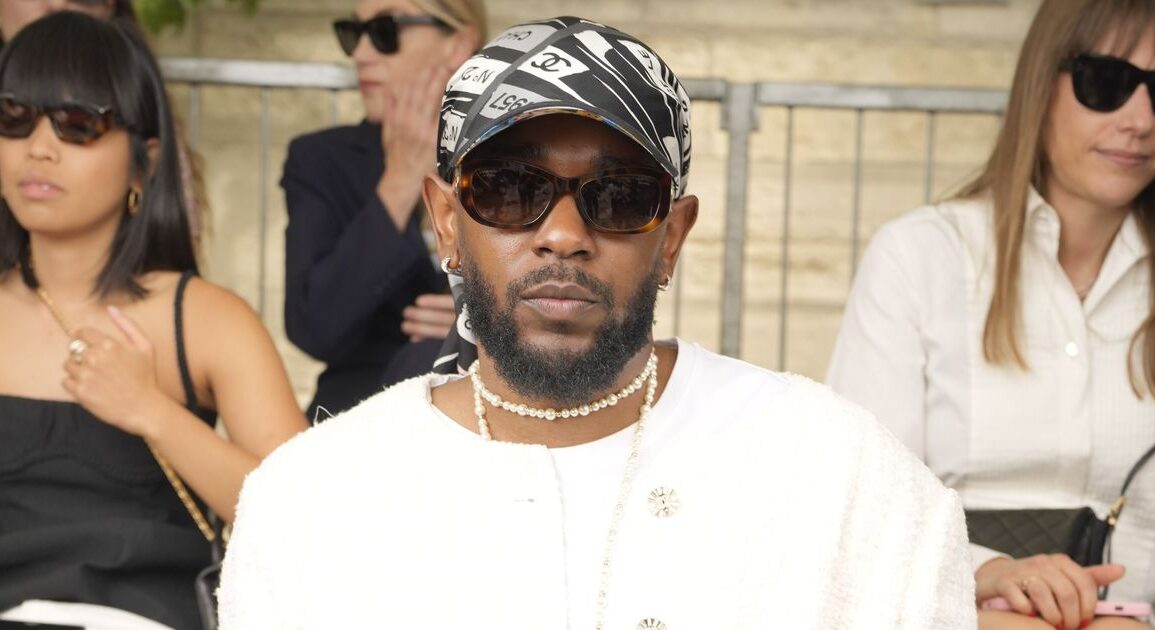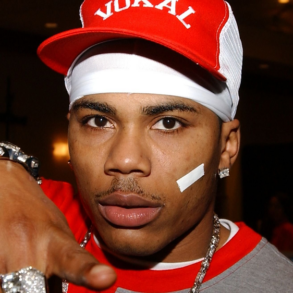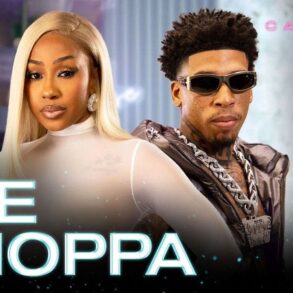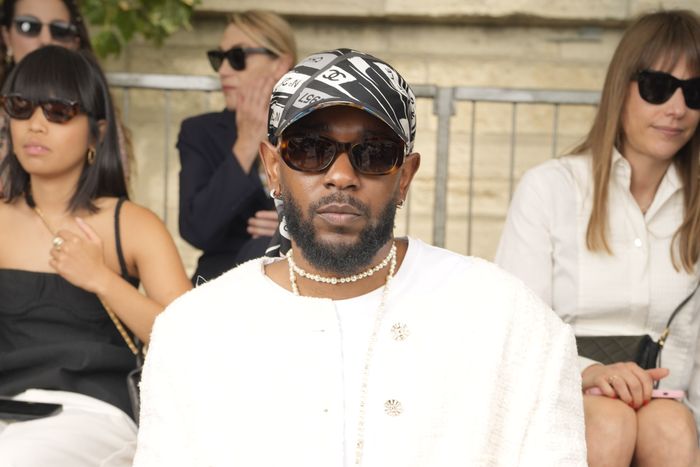
Photo: WWD via Getty Images
Post-Pizzagate, everything is Pizzagate; post-Serial, everyone fancies themselves an uncut investigative gem. Too many influencers and media personalities eagerly coast on this (un)reality, spinning ongoing stories just enough to enjoy a continued support role. After news of Kendrick Lamar being tapped to perform at the Super Bowl Halftime Show in New Orleans next year drew questions about why hometown legend Lil Wayne didn’t receive the honor, Akademiks accused Jay-Z (whose Roc Nation produces the event) of a vendetta against Southern rappers, while New Rory & MAL denounced “chess moves” behind the scenes. The week of info-averse agitation later yielded coarse words for Hov from Nicki Minaj and Boosie Badazz, along with a call from Louisiana rap vet Jay Electronica for everyone to unite in the final conflict pitting “The Son of Man against the Synagogue of Satan.” The truth that Super Bowl hosting cities get the final say about talent — and that the history of musical guests in it stacks powerfully against locals — presumably makes said hometown the culprit in the alleged sidelining of Wayne. But context takes a back seat to animosity when there’s more incentive for painting a narrative of secret strife than itchy nitpicking and fact-checking.
Nestled in the fantasies of violence peppering the currently untitled loosie Kendrick Lamar posted on Instagram during the VMAs last night is the idea that hip-hop culture is a fertile field demanding strenuous tending. In five minutes of vengeful invective against scammers, pocket watchers, and misinfo merchants, the rapper speaks to the karmic blockage he feels while watching questionable behavior proliferate in a field that is also home to auteurs who quest for fairness and knowledge. It’s a pivot away from the laser-guided character studies of his spring diss tracks. This is a trip through a world created by the continuing displacement of methodical cultural coverage in favor of the same yelling happening on cable-news panels. The line about “starting neighborhood wars” resonates with a long-standing complaint about the careless coverage of inner-city violence, which gave Akademiks his start in the ’10s but speaks to the current landscape of crime-obsessed voyeurs and their admirers scratching at the void left behind after the end of BET’s American Gangster and History Channel’s Gangland in the late aughts.
Rhyming in a subdued, disgusted tone over a lightly embellished sample loop, Kendrick lays into a host of unsavory characters: “the rappers that report the lies,” “the flashy nigga with nasty decisions using money as a backbone,” “the radio personality pushing propaganda for salary,” “the obvious degenerates that’s failing to acknowledge the hope that we tryna spread.” He invites a reaping for the disorder they’ve sown, name-checking Christian rappers Lecrae and Dee-1, outspoken critics of sex and violence in mainstream rap whose poise he can’t muster for praying on people’s downfalls. Like the earlier diss tracks — along with the crabbier bits of Mr. Morale and the Big Steppers — this one rejects the mantle of righteous warrior. Dot is lurking somewhere south of heaven here, alternatingly itching for retribution and peace.
Further through the looking glass of mainstream rap as both a powerful commercial engine and a bastion for the hedonistic impulses of wealthy men, we remain in need of cooler heads committed to cutting through the daily pageant of posturing and saber rattling, not posting up in the middle of the mess, coaxing out more festering negativity. In its contempt for the landscape of controversy-thirsty hip-hop Hannitys, the first Kendrick Lamar release since “Not Like Us” tells us he will still toss anti-pop curveballs at listeners who wish he’d stop squirming and double down on a more commercial sound — that he doesn’t care if a new song is more of a choppy inside-baseball debate about news aggregation than an attempt at a hit record.
The larger story, though, is that the bloodlust aroused in Katt Williams’s year of uncorking long-harbored hostilities doesn’t seem set to disperse anytime soon. There is a danger of turning Kendrick and Drake into a Nas and Jay-Z saga where it takes years for people to quit pitting the two against each other at every possible turn. The one season of open hostility never ceases to be a reliable tap for the sweet sap of low-effort internet engagement. It’s difficult to square the welcoming response to Kendrick’s two-minute Super Bowl 2022 Halftime Show spot (during the Dr. Dre showcase that drew effusive praise from hip-hop heads) with the pretense that it’s suddenly fishy for the same artist to deliver a more fleshed-out set at the same event knowing what’s changed this perspective is that some guys see any expression of excitement about a Kendrick show as a tacit affront to OVO/Young Money. This is a somewhat absurd lens for a war of words that saw the Cali rapper and known Wayne aficionado taking umbrage with a story Wayne put in his published Rikers Island journal about Drake sleeping with his girlfriend. Imagine people whose job is to guide an audience through weekly rap news stressed that Wayne comes out looking pretty good in “Not Like Us” — and that we have no clue what he makes of this banter right now — instead of casting artists as business enemies. Imagine people who flaunt their access to the stars actually using it to offer clarity in a misunderstanding.
This post was originally published on this site be sure to check out more of their content.


